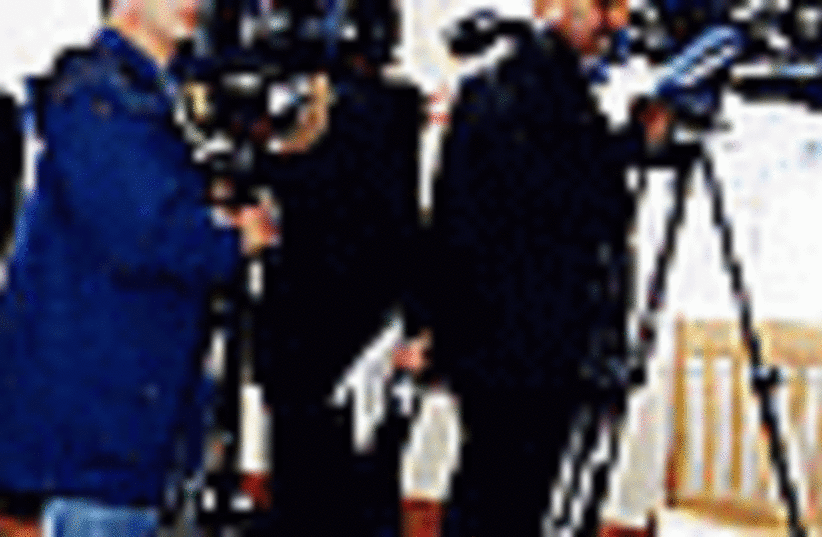| More about: | Yedioth Ahronoth, Ariel Sharon, Kadima, Hadassah Medical Center |
Behind the lines: Media immunity
Did the media pressure Sharon to return to work earlier than he should have?


| More about: | Yedioth Ahronoth, Ariel Sharon, Kadima, Hadassah Medical Center |